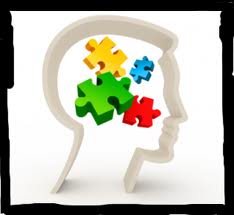
By Maggie Dail, Learning Specialist
Homeschooling parents tend to think about the annual assessments for their children towards the end of the year. Unless your state requires a specific time of the year, consider doing at the beginning of the year – especially if this is your first year of homeschooling. No matter when you do it, you should use your child’s test results to plan for the new homeschool year. In around 20 states these tests are required by their homeschool laws. Washington State is one of those and allows for two types – standardized and non-test assessments. When you have the option, choose the one which fits your family / child best.
- Standardized tests – While some are administered in online formats, they have traditionally been administered by having the student fill in the bubbles on an answer sheet. They are then normed and standardized meaning that they tell you how your child compares to a representative 99 others. Further, they are to be administered according to set rules and times.
- Non-test Assessments – In the Washington State homeschool law these are not defined per se, but they are to be administered by a certified teacher currently working in the field of education. Since the assessments are not defined, qualified test administrators use a variety of measures – some more subjective and others more objective.
Whether your state requires annual assessments or not, you can gain valuable information from these experiences. Other than “the homeschool law requires assessments” these may prompt you to have your children tested:
- Assess a starting point in your homeschooling (given before you begin or early on). Using the same instrument of assessment before and after provides comparable scores.
- Assess whether the curriculum, learning styles or methods you are using are helping your child learn.
- Provide preparation for your child to take college entrance tests in the future.
- Provide objectives or ideas for study for the next year, semester or month.
- Provides a “third party” assessment of the academic process.
- Identifies areas that the child may need some additional help.
Unlocking Learning Potential provides a number of assessments for homeschoolers in any state via video conferencing year around. For more information:
https://www.unlockinglearningpotential.net/services-1
One more thing: Remember that testing is only part of your evaluation of your educational program. These assessment tools may tell you much, but remember many of the things that assessments cannot measure.










